Stakeholders dealing in wildlife and biodiversity conservation efforts across the country presented their views on the draft National Strategic plan for the State department for Wildlife.
The stake holders commended the government for involving private sector and non-state actors in the development of strategic conservation policy documents. They noted that the move to allow the non-state actors to participate in the development of strategic documents to guide conservation, will help in placing citizens at the center conservation programs.
During the discussion, the participants noted that there was need to strengthen partnerships and collaboration in the wildlife subsector to promote conservation efforts.
The participants observed that for efficiency and effectiveness of the sector, it was important to mobilize resources to enable the state and non-state actors secure, protect and restore habitats to conserve endangered flora and fauna.
The strategic plan that will run for five years, identified Human wildlife co-existence, public education and awareness as some of the strategic issues that require concerted efforts to promote wildlife and bio-diversity conservation. Other conservation concerns contained in the strategy include the need for access to wildlife products, benefit sharing and sustainable utilization of wildlife products by local communities and research and innovation among others.
Among those who attended the workshop were officials from The Nature Conservancy, Conservation Alliance of Kenya, World Wide Fund, Kenya Wildlife Conservation Association and the Utonga Ecosystem. Other organizations that participated were Safe the Elephant, Nature Kenya, Imagine Mitch Production, the Tsavo Heritage Foundation among others.
The strategy aims at guiding the sector for the next five years and will be instrumental mobilizing resources to promote conservation efforts across the country.

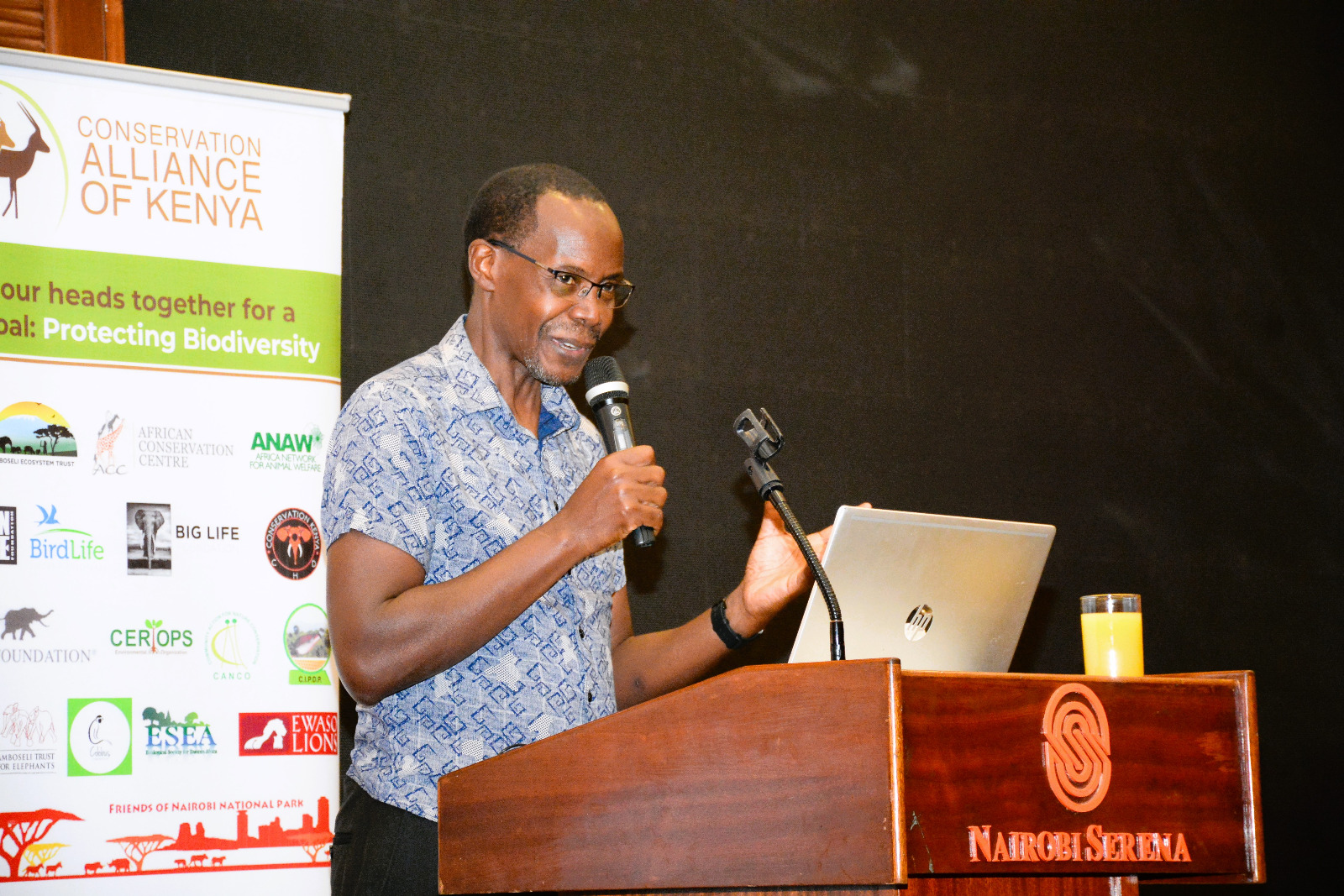
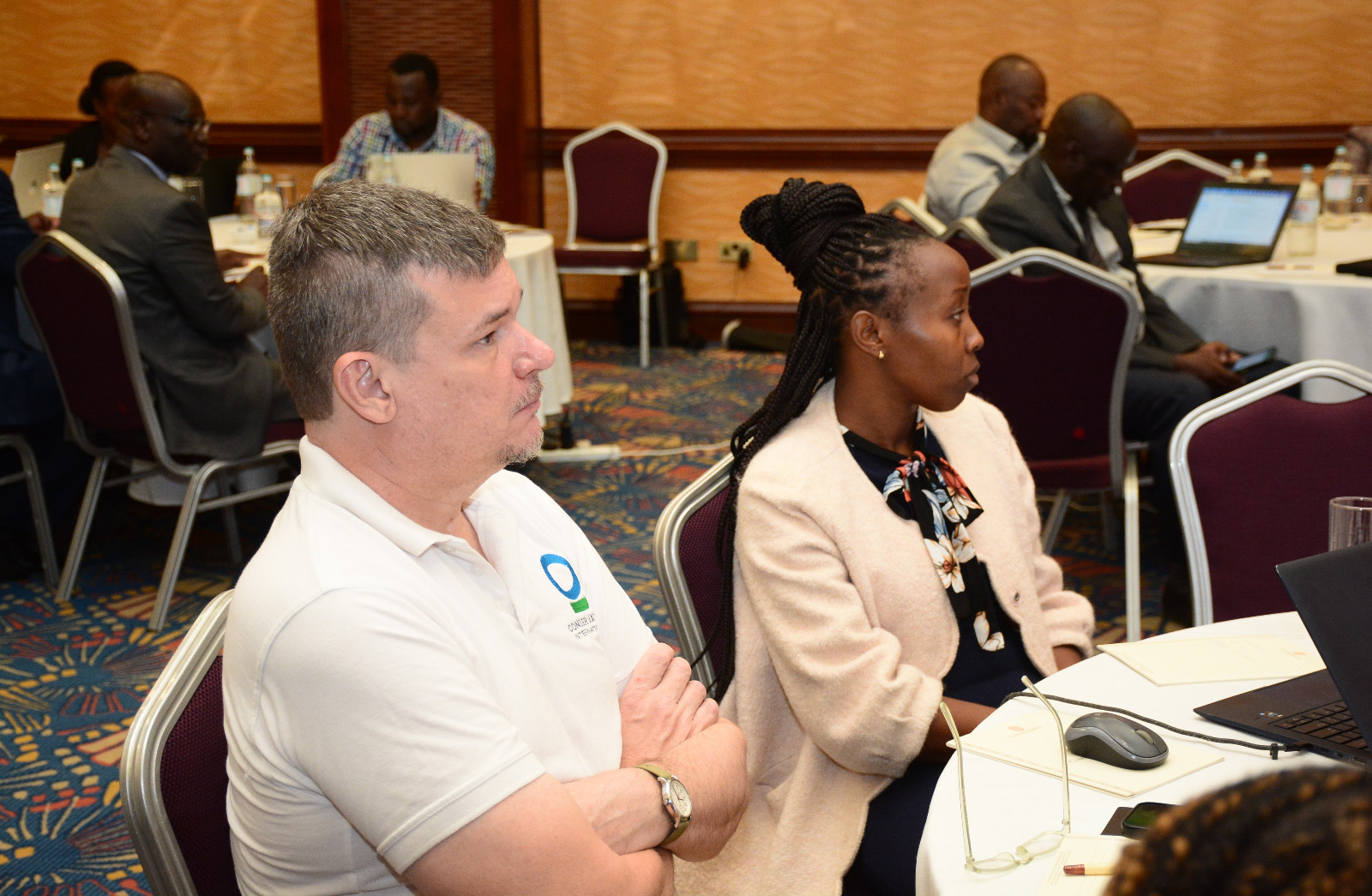
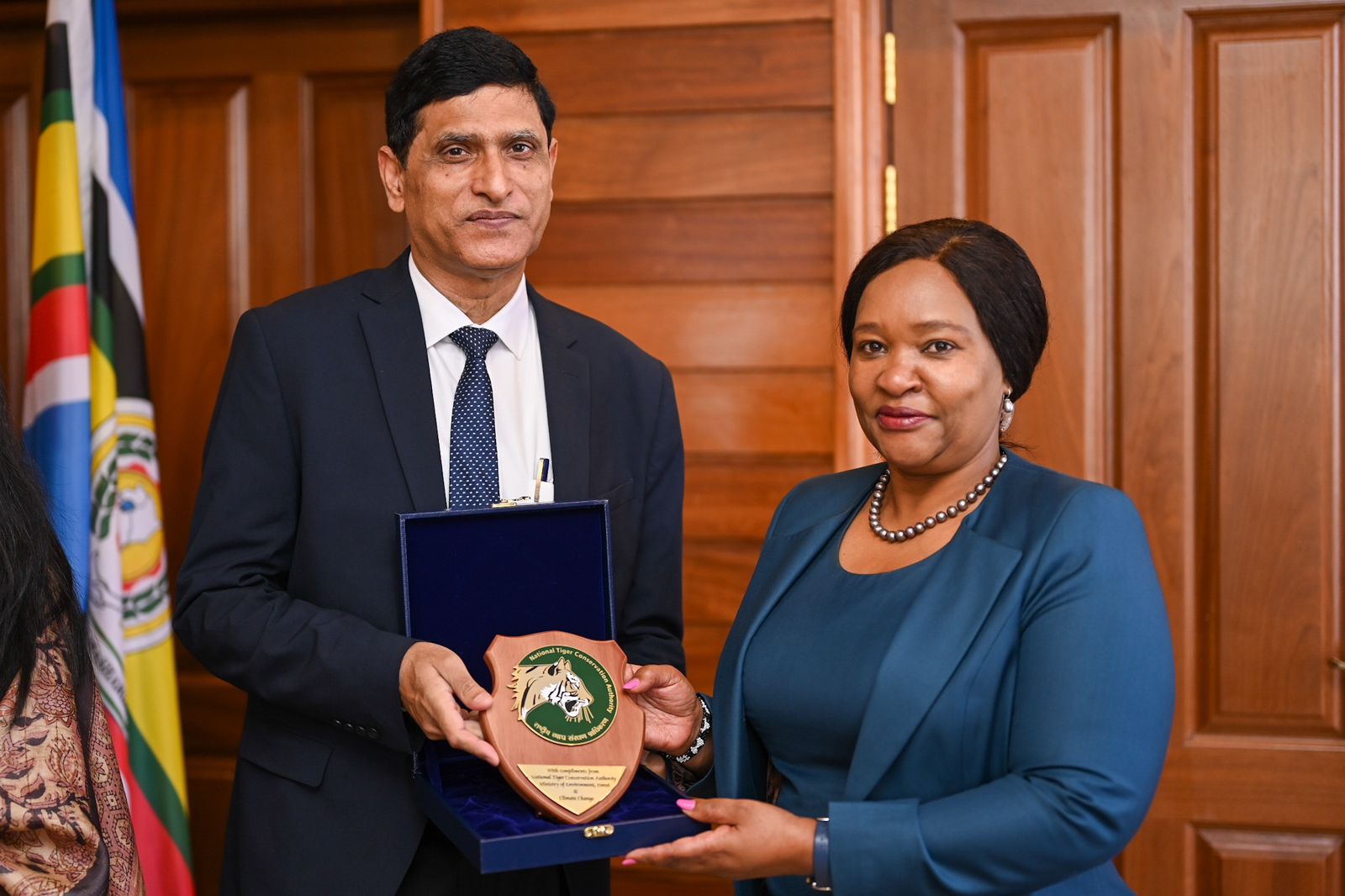



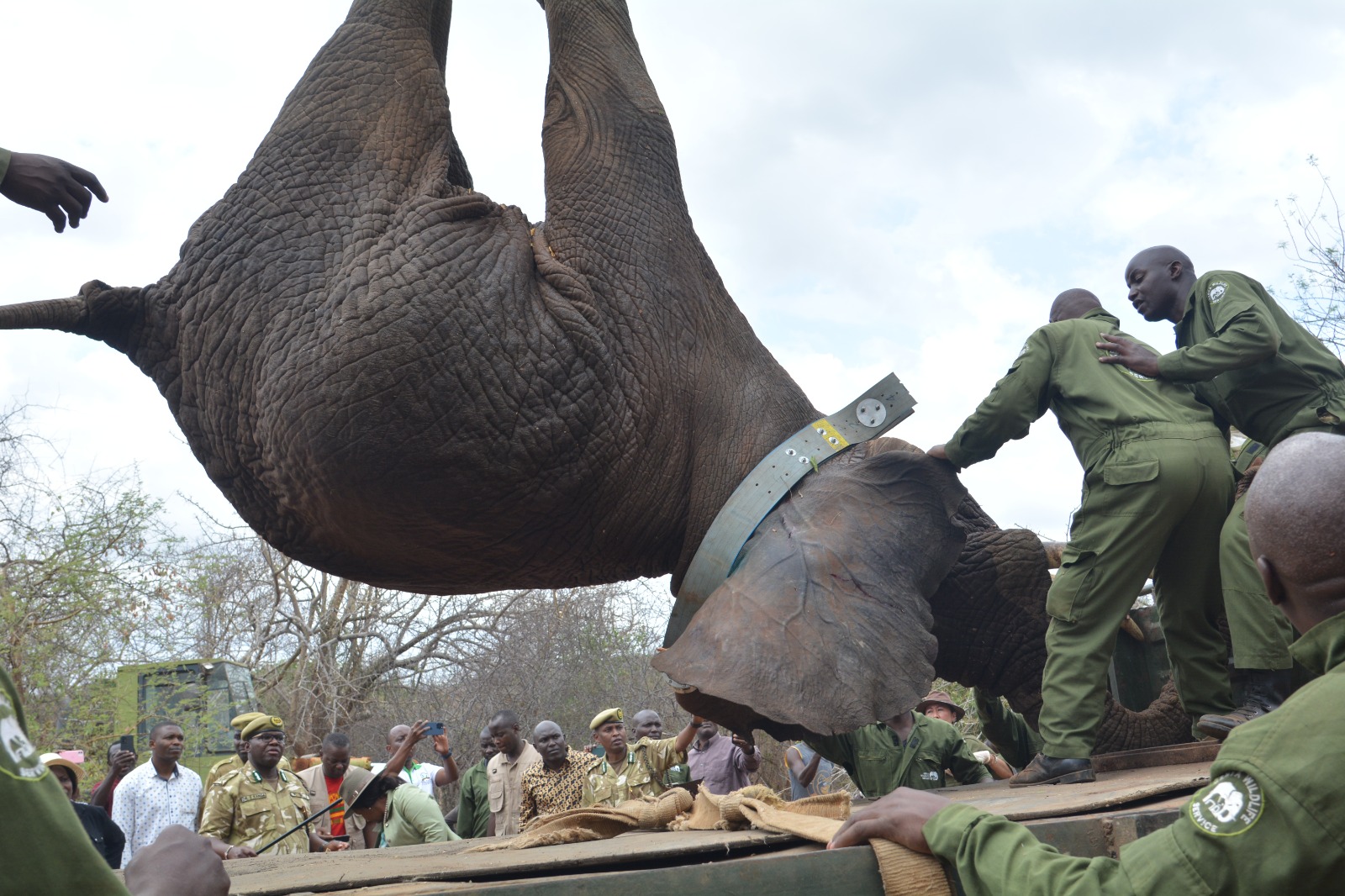
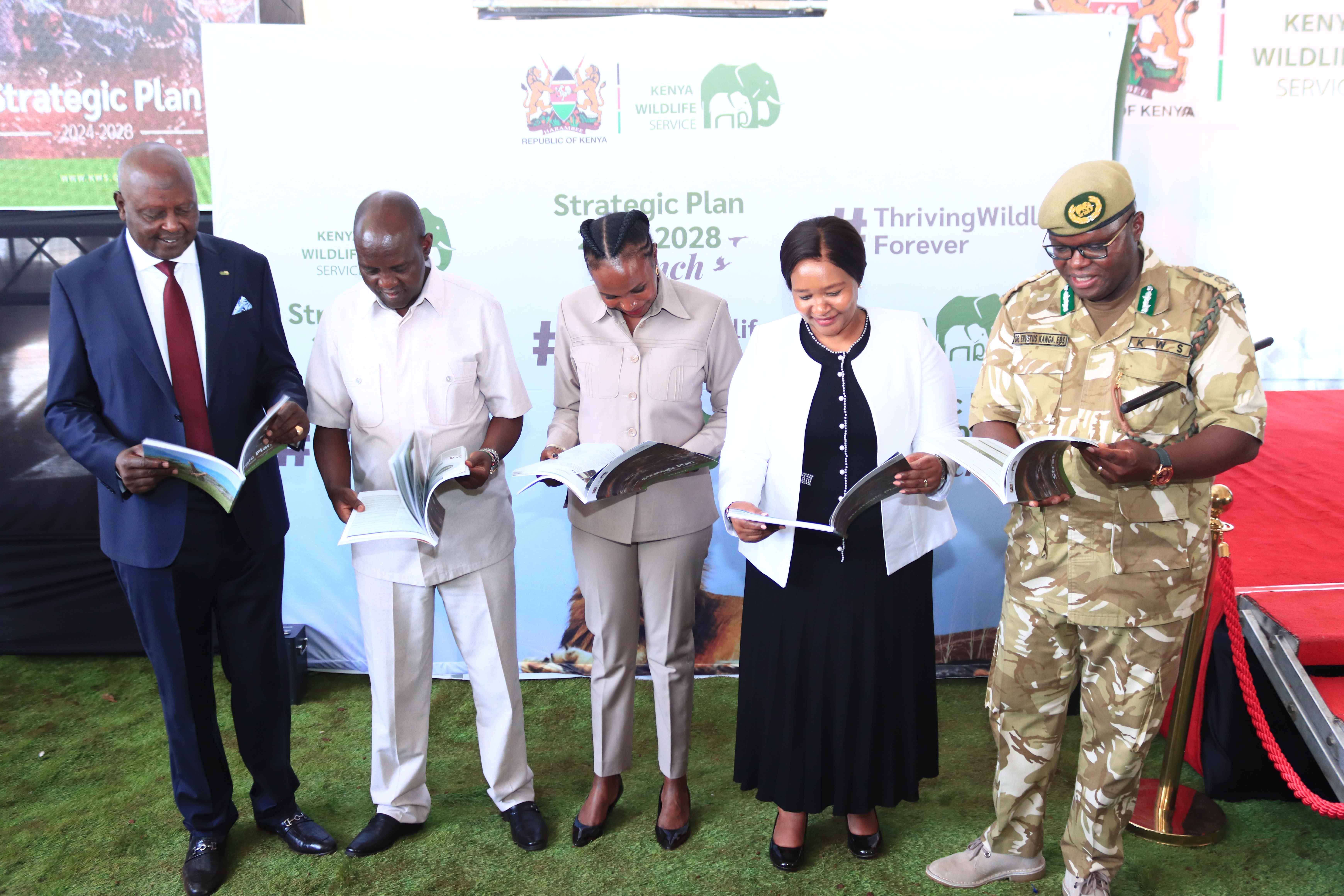
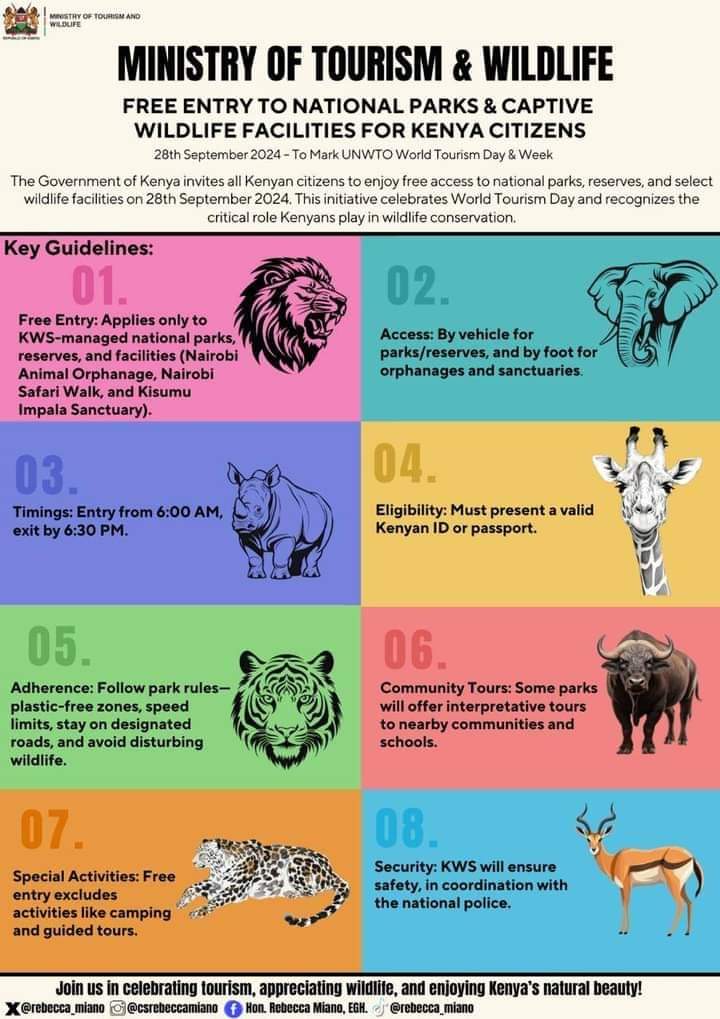
Leave A Comment